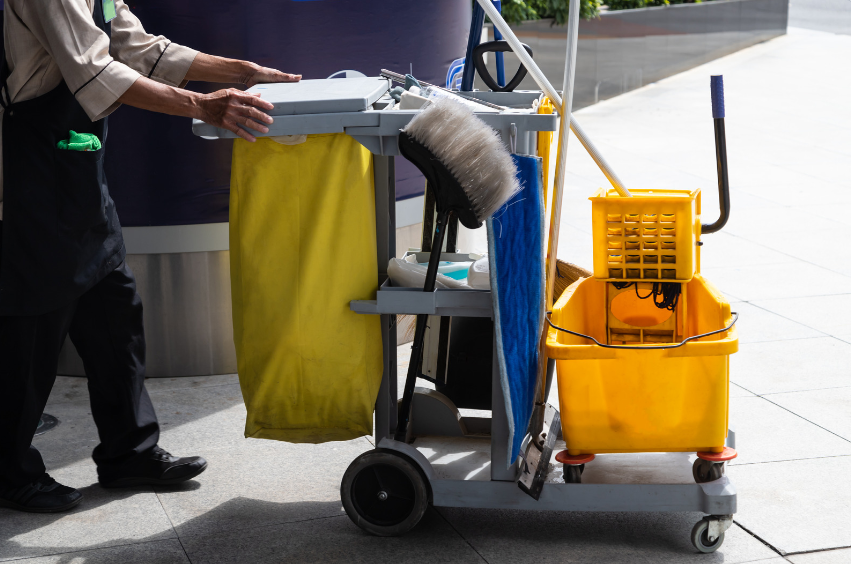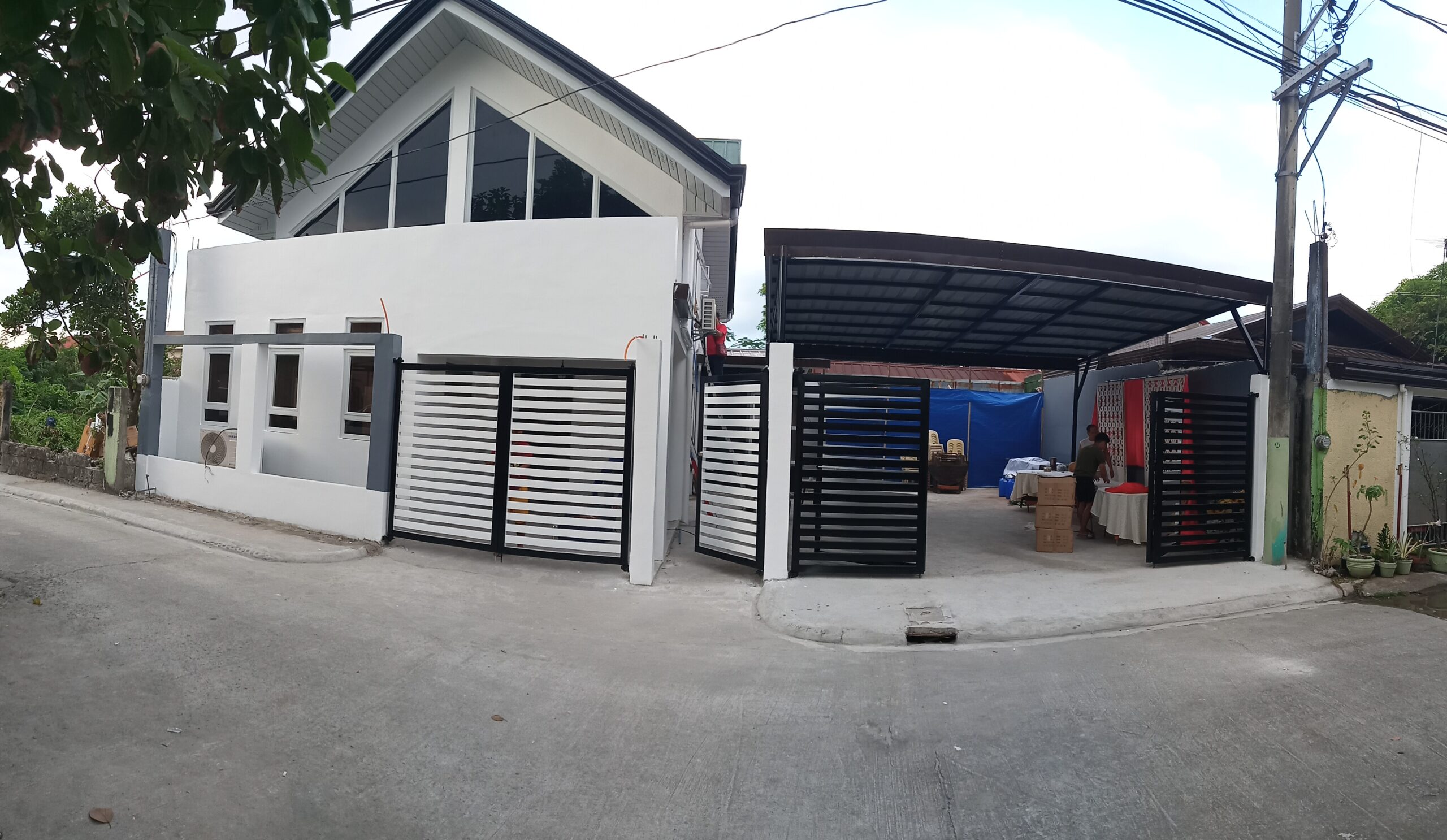In today’s industrial settings, industrial cleaning plays a pivotal role in maintaining operational efficiency and reducing long-term maintenance costs. Neglecting industrial cleaning not only compromises the cleanliness and safety of work environments but also leads to costly repairs and downtimes. Establishing a proactive industrial cleaning schedule is essential for businesses looking to optimize their operational expenses and ensure the longevity of their equipment and facilities.
The Impact of Neglecting Industrial Cleaning
Failure to prioritize industrial cleaning can result in a cascade of maintenance issues that escalate expenses. Without regular cleaning, machinery and infrastructure accumulate dirt, grime, and debris, leading to accelerated wear and tear. Over time, this neglect can cause mechanical failures, corrosion, and even safety hazards. Research shows that businesses that overlook industrial cleaning spend significantly more on emergency repairs and replacements, impacting their bottom line.
Benefits of Regular Industrial Cleaning
Implementing a consistent industrial cleaning regimen offers multifaceted benefits, foremost among them being cost savings. By regularly cleaning machinery, surfaces, and HVAC systems, businesses can prevent the buildup of contaminants that contribute to equipment breakdowns and inefficiencies. Clean environments also support optimal operational conditions, reducing energy consumption and improving overall productivity. Moreover, investing in industrial cleaning extends the lifespan of equipment and reduces the frequency of costly repairs.
Key Areas to Focus On
Effective industrial cleaning encompasses various critical areas within a facility. Proper maintenance of equipment involves using specialized cleaning techniques tailored to different machinery types. Meanwhile, maintaining clean floors and surfaces not only enhances safety but also improves the aesthetic appeal of workspaces. Additionally, ensuring HVAC systems are regularly cleaned and serviced promotes better air quality and operational efficiency. Storage areas and warehousing spaces also benefit from industrial cleaning practices to preserve inventory integrity and safety standards.
Best Practices for Effective Industrial Cleaning
Establishing a structured industrial cleaning schedule is fundamental to achieving consistent results. Businesses should develop customized cleaning routines that align with their operational needs and industry regulations. Selecting the right industrial cleaning products is equally crucial, emphasizing solutions that are effective yet environmentally friendly. Training employees on proper cleaning techniques and safety protocols enhances efficiency and minimizes risks associated with handling cleaning chemicals and equipment.
Takeaway
Regular industrial cleaning is not merely a maintenance expense but a strategic investment in operational efficiency and asset preservation. Businesses that integrate industrial cleaning into their operational protocols reap substantial rewards, from reduced maintenance costs to enhanced workplace safety and productivity. By adopting best practices and leveraging professional industrial cleaning services where needed, companies can safeguard their assets and optimize their financial performance in the long run.











